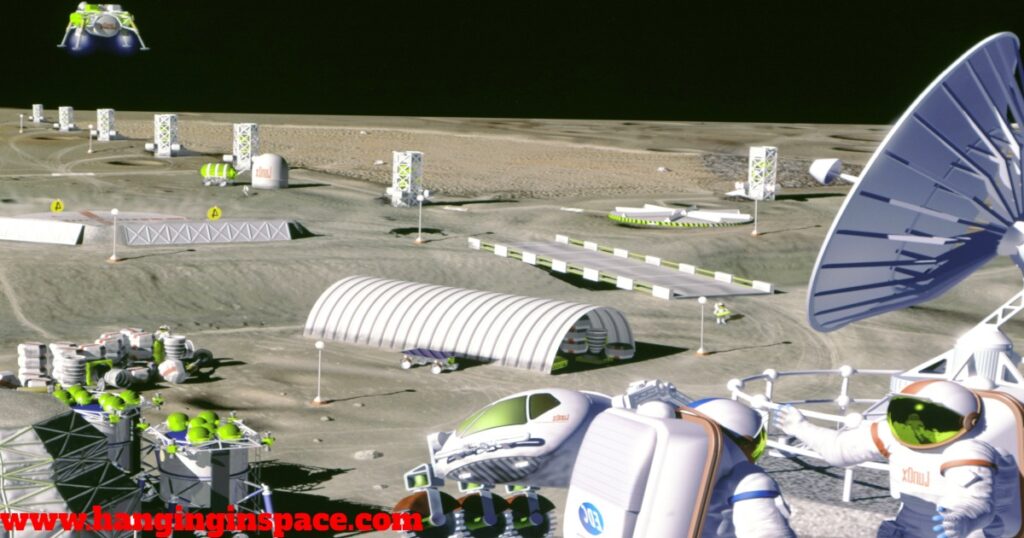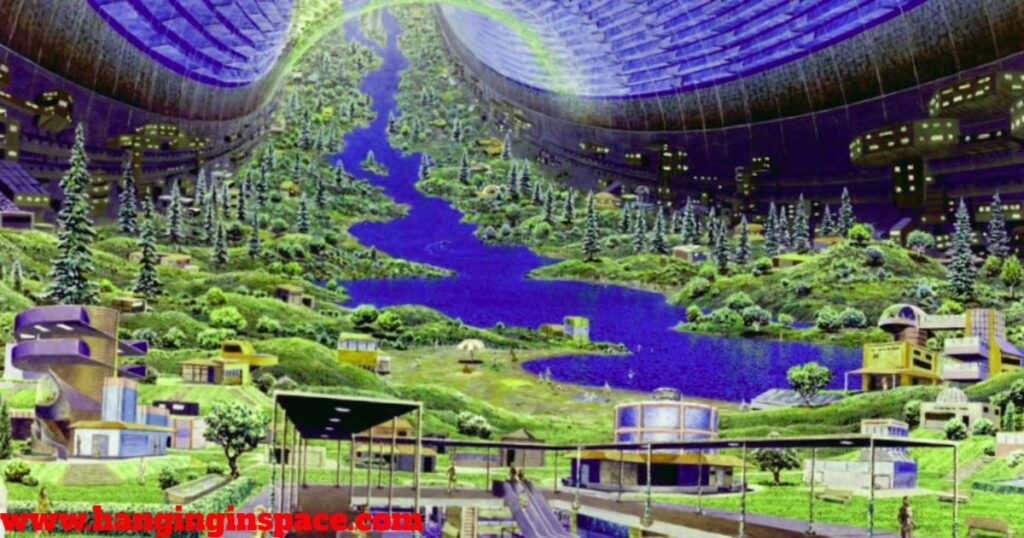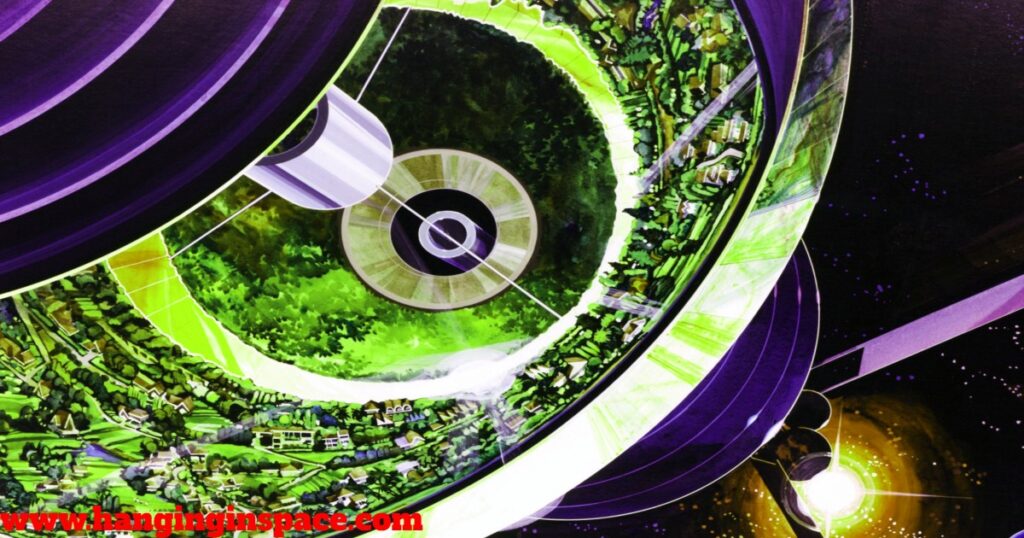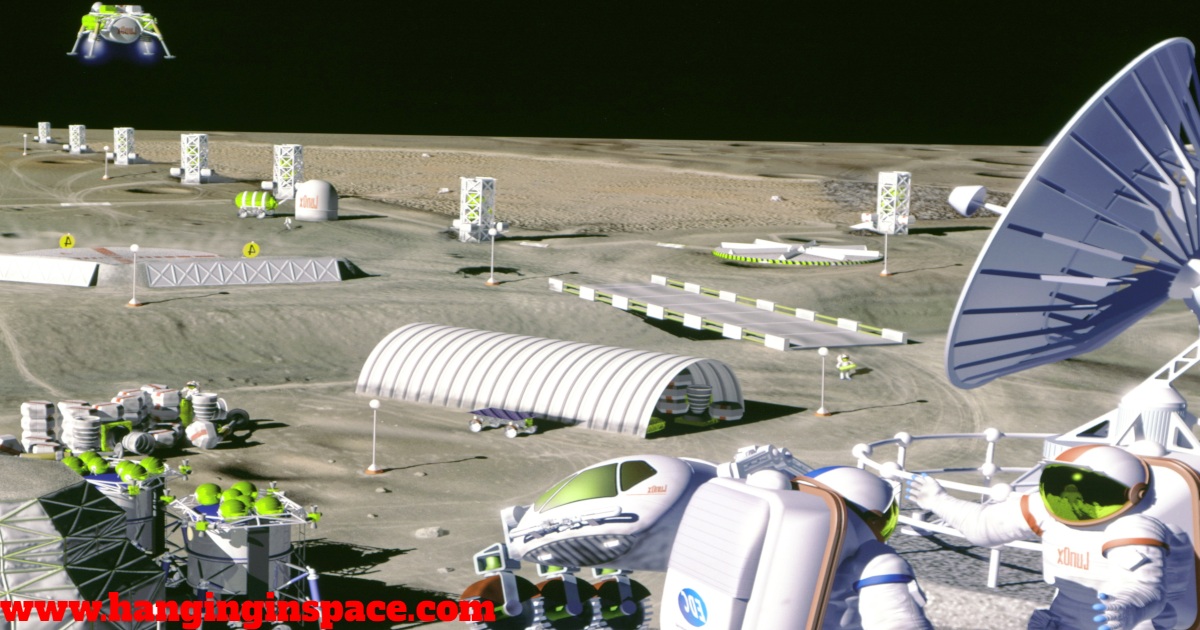The use of space or celestial entities other than Earth for long-term living is known as space colonization.
Major developments in rocket propulsion and design, astronautics and astrophysics, robotics, and medicine have brought the concept of space colonization closer to becoming a reality.

The International Space Station (ISS) has been inhabited by teams of astronauts, scientists, and medical experts for an extended period. This has given us a lot of data to build guidelines for maintaining human health and survival in the harsh environment of space for extended periods of time.
To test the boundaries of human endurance, several ambitious projects have been undertaken here on Earth that aim to replicate off-world living conditions as closely as possible.
What are the Challenges of Space Colonization?
Distance and Travel Time:
The fact that you will have to cover large distances to reach outer solar planets such as Mars or even the Moon, guarantees that you will have to overcome these obstacles on the way.
Spaceflight at present is not enabled by technologies that let us make these journeys in just a few months, meaning that astronauts will stay in space for a long period and so they will be subjected to the extremely harsh space environment.
Hostile Environments:
Space is an unforgiving place. Radiation, extreme temperatures, and the absence of a breathable atmosphere necessitate the development of robust habitats to shield colonists from these dangers.
Resource Availability:
Ensuring the prosperity of the colony as a self-sufficient city requires readily available resources. Water, food adaptation, and energy generation are things that require high attention in the inhospitable areas where familiar resources are limited.
Psychological and Physical Effects:
The feeling of being cut off, confinement, and unusual acceleration can be the main reason for huge changes in the emotional system. The mitigation of these effects may become a vital element of healthy living conditions for the colonists as well.
Economic Feasibility:
The space colony foundation and the upkeep are a real challenge to afford. All that must be done, involves the construction of, the required transport infrastructure, and the life-sustaining systems this requires immense resources and technical innovation.

What are the Preparations for Space Colonization:
Technological Advancements:
Research and development on propulsive techniques, solar energy capture, and raw resource extraction are major points to be worked on for space colonization to be successfully implemented.
Reliable reusable rockets, a shuttle system that recycles its air for life support, and technologies that access in-situ resources on planets, greater than those we are already using, are under intense scrutiny.
International Collaboration:
International collaborations are very critical when it comes to the expansion of space. Source sharing, mastermind working, and facility support are the necessary qualities for progress to be quicker and less of a burden, not to waste individuals’ countries.
Private Sector Involvement:
Fast-evolving private companies are already showing huge potential in space exploration. When companies compete with each other in the area, new technology is introduced and competition improves. The pace of technological advancements and lowering costs are the results.
Analog Missions:
The approach of creating space excursions here on Earth enables scientists to execute investigations about the psychological and physiological impacts of the given restrictions on future colonizers. Such trips contain a saturation of data for creating strategies for crew health protection during long-term galactic expeditions.
Overview:

Space colonization, the idea of establishing permanent human settlements beyond Earth, has captured imaginations for centuries. Driven by a desire to explore the unknown, secure humanity’s future, and access the vast resources of space, this concept is no longer science fiction.
The challenges are immense. Establishing a self-sustaining colony requires overcoming the harsh realities of space, extreme temperatures, radiation, and the absence of a breathable atmosphere. Technologies for life support, food production, and radiation shielding are crucial.
Additionally, the immense distances involved make travel time and cost significant hurdles.
Despite the challenges, progress is being made. Private companies and space agencies are developing reusable rockets and advanced propulsion systems to reduce travel times. Research into closed-loop life support systems that recycle air and water is ongoing, and advancements in robotics and automation could play a vital role in building and maintaining space settlements.
Potential locations for colonization include the Moon, Mars, and even asteroids. The Moon offers a nearby stepping stone, with the potential for resource extraction and scientific research.
Mars, with its potential for a water cycle and a thin atmosphere, holds the greatest long-term promise for a self-sustaining colony. Asteroids, rich in valuable minerals, could provide resources for future space endeavors.
Space colonization is a long-term vision, but the potential benefits are vast. It allows us to ensure humanity’s survival beyond any unforeseen disasters on Earth. It opens doors to scientific discovery and resource acquisition in the cosmos.
Most importantly, it represents a giant leap for humankind, a chance to extend our reach and establish a permanent presence among the stars. The journey will be arduous, but the potential rewards are immeasurable.
Space colonization also sparks ethical and philosophical discussions. Issues like resource ownership in space, governance of off-world settlements, and the potential ecological impact on celestial bodies need careful consideration.
International collaboration and foresight will be crucial in ensuring space exploration and colonization are conducted responsibly and sustainably. As we set sail for the stars, we must strive to become responsible stewards of the cosmos, preserving its wonders for generations to come.
Conclusion:
Space colonization is the height of ambition. Science, engineering, policymaking, and other such disciplines must all work together to create and sustain such a project.
To succeed in this, much more is needed than the current level of investment and success with the breakthroughs in technology. International collaboration will also have a significant influence on the outcome of the mission.
